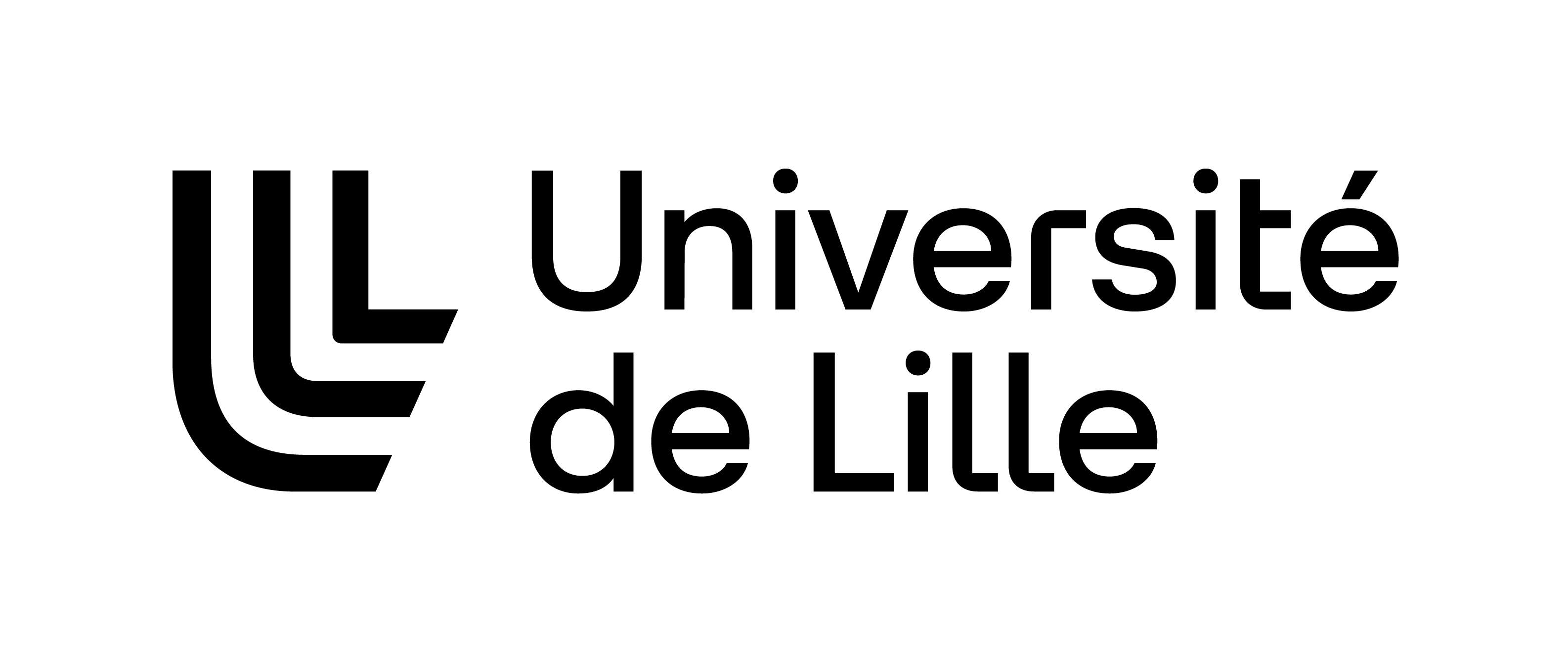-
Cultural and creative industries
-
Health and Nutrition
-
Societal and economic transition & Risk management
Emotional and Cognitive (Dys)Regulations
Research team
The (D) REC research team focuses on the phenomena of cognitive regulation and deregulation of emotions. The team aims to identify temperament and personality factors as well as cognitive, social, cultural, and socialization factors which influence the regulatory processes. We also study the regulatory deficits involved in the installation and maintenance of different psychopathologies in children, adolescents and adults. Finally, the aim of our work is to improve and develop prevention and intervention strategies that aim to promote adapted regulation processes as well as to modify deleterious processes in order to enable individuals to cope with situations of personal and social vulnerability.
Bât A, 3 rue du Barreau
Campus Pont de Bois, Université de Lille
59650 VILLENEUVE D’ASCQ
https://psitec.univ-lille.fr/laboratoire/equipes-de-recherche/equipe-interne-1-drec/
Effectif
Effectif total : 13
Personnel de recherche : 4
Skills
• Culture
• Temperament
• Regulation of emotions
• Resilience
• Parent / adolescent conflicts
• Parental Emotional Socialization
• Emotional socialization of teachers
• Parenting
• Adjustment
• Behavioral Problems
• Children's and Parents' Digital Uses
Example(s) of projects
• Relationship between ferritin level and aggressiveness
• Heart rate variability and cognitive processes as predictors of paroxysmal pain
• Reconsideration of attentional biases toward the threat identified using the dot probe task
• Evaluation of a social-emotional skills intervention for children in child welfare settings
• Parent-adolescent conflict and social-emotional development of adolescents and young adults
• Emotional socialization and development in young children
• Triple P parenting program in France
Example(s) of publications
• Kosinski, T. (2019). A brief mobile Evaluative Conditioning app to reduce Body Dissatisfaction? A pilot study in university women. Frontiers in Psychology, 10, 2594.
• Craddock, P., Wasserman, J. S., Polack, C. W., Kosinski, T., Renaux, C., & Miller, R. R. (2017). Associative structure of second-order conditioning in humans. Learning & Behavior, 1-11.
• Leboeuf I, Mahanga J, Rusinek S, Delamilleure, P., Gheysen, F., Andreotti, E. & Antoine, P. (2019). Validation of the French version of the Forms of Self- Criticizing/Attacking and Self-Reassuring Scale. Stress and Health, 36(1), 31-36 🡭
• Amandine E, Stéphane R, Françoise A. Use of Erotic Abilities in Sexually Functional and Dysfunctional Women - Comparative Study and Correlation with Sexual Awareness and Assertiveness. J Gynecol Women’s Health. 2020: 20(2): 556034. DOI: 10.19080/JGWH.2020.19.556034
See the full list of our publications here.
Collaborations/Partners/Scientific clients
Collaborations/Partners/Private Clients
Applications sectors
- Health / wellness
- Education / Training
- Science / Research
Services provided
Consulting services
Affiliated institutions / organisations
Unit(s) of attachment
Doctoral schools
Regional strategic areas of activity
- Cultural and creative industries
- Applications, outreach and cognitive sciences
- New ways of learning
- Health and Nutrition
- Prevention, well-being and the silver economy
- Societal and economic transition & Risk management
- Societal issues, employment, inclusion, social innovation
